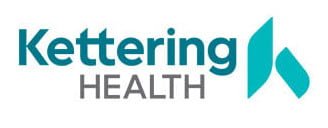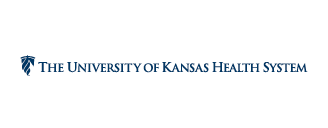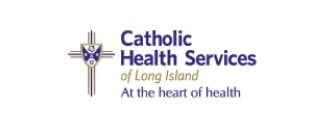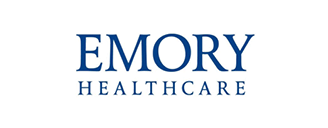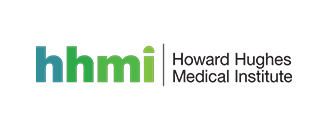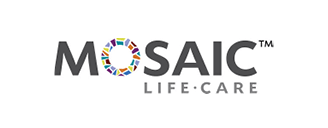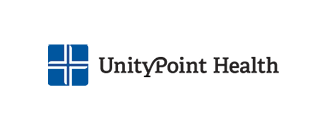Introduction
Rising healthcare costs and declining reimbursements are barriers to delivering high-quality patient care. The clinically integrated supply chain is the healthcare industry’s beacon towards uncovering hidden value and improving patient outcomes.
In this article, we outline the core elements of a clinically integrated supply chain. Next, we highlight the key benefits of this model. Lastly, we discuss a few strategies that can help facilitate collaboration between clinicians and operations leaders.
What is a clinically integrated supply chain?
According to the Association of Health Care Resource & Materials Management (AHRMM), a clinically integrated supply chain involves the interdisciplinary partnership between clinical and supply chain teams to deliver high-value patient care.
This high value correlates to better quality care, improved patient outcomes, and minimal cost and/or wasted resources. In other words, the philosophy behind a clinically integrated supply chain is to create efficiencies that reduce costs and promote patient health.
Key benefits of a clinically integrated supply chain
For supply chain leaders, integrating with the clinical side of your health system can ensure that procurement, distribution, and utilization of medical supplies all aligns with the broader goal of improving patient outcomes.
This alignment can produce a waterfall of additional benefits including reduced costs, greater efficiencies, supply chain resilience, and regulatory compliance.
First, by integrating clinical expertise into the procurement process, supply chain teams can source the highest-value products and equipment for both providers and patients. This ultimately enhances the quality of care and patient outcomes.
Next, clinical integration promotes product standardization and better procurement processes. Aligning purchasing decisions with clinical needs and outcomes can help optimize purchasing strategies and reduce unnecessary spending.
Third, clinical insights can help supply chain teams operate more efficiently. This includes better demand forecasting, reduced stockouts and/or overstocking, and minimized waste. These efficiencies further reduce costs and improve resource utilization.
Fourth, clinical integration promotes more resilient supply chains. With a clear understanding of clinical priorities and needs, healthcare organizations can quickly adapt to disruptions to ensure continuity of care.
Finally, integrating clinical expertise helps ensure that products meet regulatory standards and comply with quality assurance protocols. Vetting suppliers and products on clinical criteria can mitigate non-compliant supplies and reduce potential liabilities.
Strategies to promote a clinical supply chain
There are several strategies that can promote a clinically integrated supply chain. These include coordination of knowledge, engagement of physician leadership, and a value analysis process based on credible data.
First is coordination of clinical and supply chain knowledge. This can look like an interdisciplinary team of physician, supply chain, finance, and other leaders that work together to make supply decisions that balance cost, quality, and patient outcomes.
Tapping into physician expertise is critical to ensure that patient outcomes, and not just hard-dollar cost savings, are kept top-of-mind. Additional decision-making support from healthcare providers can further promote a culture of clinical integration.
Data is key to effective decision making, though many organizations lack the tools to make meaningful use of their data. While clinical input can help drive supply decisions, monitoring product use and outcomes is important to drive continual improvement.
Final thoughts
Clinically integrated supply chains are often more efficient, resilient, and cost-effective. This promotes high value patient care that leads to better health outcomes and reduced costs for health systems.
Health systems can foster clinical integration in their supply chains by establishing connections among key stakeholders and leveraging data insights for effective decision making.
About VPL
We modernize clinical supply chains to support healthier patients. Our technology-driven solutions and consultative customer experience empower health systems and outpatient pharmacies to build smarter, more resilient supply chains. With over 700 hospitals and a 97% customer retention rate, we’re trusted to deliver transparency, cost savings, and peace of mind.

